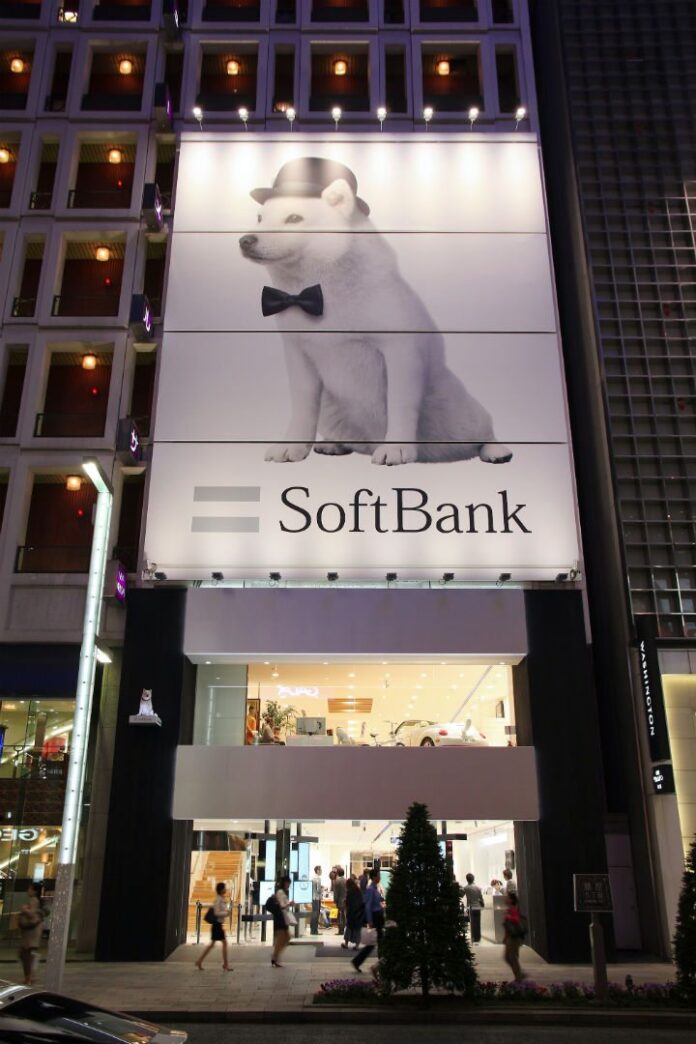SoftBank to deploy 11,210 5G base stations by early 2023
Japanese telecommunications carrier SoftBank expects to complete the initial phase of its 5G network two years ahead of schedule, according to a report by Nikkei Asian Review.
The carrier had initially planned to install a total of 11,210 base stations across Japan, covering more than 60% of the country, by the end of the fiscal year through March 2025, according to the report.
SoftBank plans to accelerate this plan with the aim of reaching that goal by early 2023, with further network expansion to follow.
SoftBank expects to launch commercial 5G service in March 2020. Rival operators NTT DoCoMo and KDDI are also considering to accelerate the construction of their 5G networks, which were also scheduled for early 2025, according to the report.
Meanwhile, telecom newcomer Rakuten Mobile, a unit of e-commerce giant Rakuten, has been experiencing certain difficulties in its network deployment plan. The operator recently postponed the launch of full 5G services from October to next spring at the latest.
Rakuten Mobile’s plan stipulates the deployment of 3,432 base stations mainly in Tokyo, Nagoya and Osaka by the end March 2020.
SoftBank is using base stations with multiple antennas to prevent slowdowns even in crowded urban areas, and it plans to combine this with artificial intelligence (AI) technology to optimize transmission.
In May, SoftBank selected Nordic vendors Ericsson and Nokia for the deployment of its network in Japan.
Subscribe now to get the daily newsletter from RCR Wireless News
At that time, Ericsson said it has been selected by SoftBank as a primary 5G vendor for the deployment of a multi-band 5G network in Japan.
The Swedish vendor said this decision followed a series of successful joint proof-of-concept activities that began in 2015. Collaboration between the two companies included 5G testing of multiple bands, including 28 GHz and 4.5 GHz.
Under the terms of the agreement, Ericsson is currently providing SoftBank with radio access network equipment, including products from the Ericsson Radio System portfolio. This will enable SoftBank to launch 5G services on their newly granted 3.9-4.0 GHz and 29.1-29.5 GHz bands for 5G New Radio (NR).
SoftBank selected Nokia for the deployment of the latter’s Nokia’s 5G AirScale solution.
Nokia said that this deployment will allow the telco to provide 5G enhanced Mobile BroadBand (eMBB) service, with 5G Ultra Reliable Low Latency Connectivity (URLLC) and enhanced Machine Type Communication (eMTC) enabling multiple new applications and services for industries in the 5G era.
In April, Japan’s government approved plans by the country’s four mobile carriers to build 5G wireless networks with investment set to reach JPY 1.6 trillion ($14.4 billion) over the next five years.
Applications submitted by NTT DoCoMo, KDDI, SoftBank and e-commerce giant Rakuten were approved by the communications ministry after determining that the companies’ applications met the conditions of the allocation of 5G spectrum.

